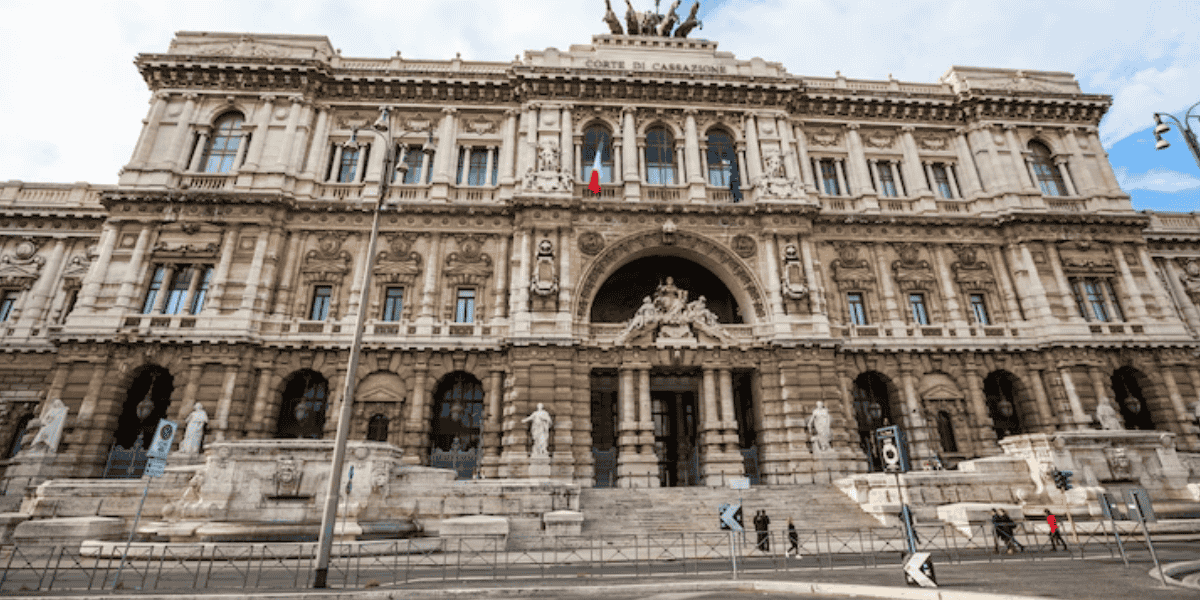On 19 May 2022 the IMF issued a concluding statement following discussions with Italy under Article IV of the IMF’s articles of agreement.
By the end of 2021 Italy’s economy had recovered to a level close to its pre-pandemic output, following a successful vaccination programme and policies to support households and firms during the crisis. There are however economic challenges arising from the Ukraine war and the disruption to global supply chains, especially as Italy is dependent on Russia for energy imports.
So far in 2022 the service sector has expanded, and tourism has recovered to pre-pandemic levels. Construction is also experiencing an upturn, helped by investment tax credits. Economic growth is however projected to slow down in 2022 and 2023 as Russian energy imports are phased out and higher energy and food prices begin to have a negative impact on consumption. Growth is therefore expected to moderate to around 2.5% in 2022 and 1.75% in 2023. In the medium-term growth is likely to stabilize at slightly more than 1% as commodity prices moderate.
The government is making agreements with other countries to obtain replacement energy supplies and is delaying the phase-out of coal power plants. This could delay progress on decarbonization; but will help sustainability in the longer term. Italy could review pricing and tax arrangements for energy imports and renewables-based electricity, to limit excessive windfall rents.
Low-income households and energy-intensive firms have been disproportionately affected by higher energy prices. Government has responded by cutting energy taxes and fees; however this discourages energy efficiency and it would be preferable to target transfers to vulnerable households through the social bonus. Some temporary tax credits were given to energy-intensive firms to prevent bankruptcies and their likely impact on the downstream supply chain. This measure is considered to be appropriate if the support is targeted to viable firms.
The government needs to gradually reduce the deficit and debt ratios in the medium term. Structural reforms should include broadening of the tax base in a revenue-neutral manner to make the tax system fairer, boost productivity and promote GDP growth. Further improvements in tax compliance would help to achieve an appropriate fiscal adjustment, and further savings could be found from the current spending and tax programs.
The IMF report recommends that the tax on windfall profits of energy companies should include in its tax base all the items that contribute to the profits of those companies, otherwise there will be economic distortions.
Progress has been made in reducing carbon emissions; but more efforts are needed to reach the climate targets. Carbon reduction has been significant in the energy and manufacturing sectors, which are covered by the EU Emissions Trading System, and carbon reduction in the transport sector has been achieved by the high excise taxes on fuels.
Larger investment is required in renewable energy to achieve a greener energy sector, and this would also facilitate carbon reduction in the building and transport sectors. Investment could be encouraged by less volatile fossil fuel prices, and this could be supported by gradually increasing the carbon price floor.














